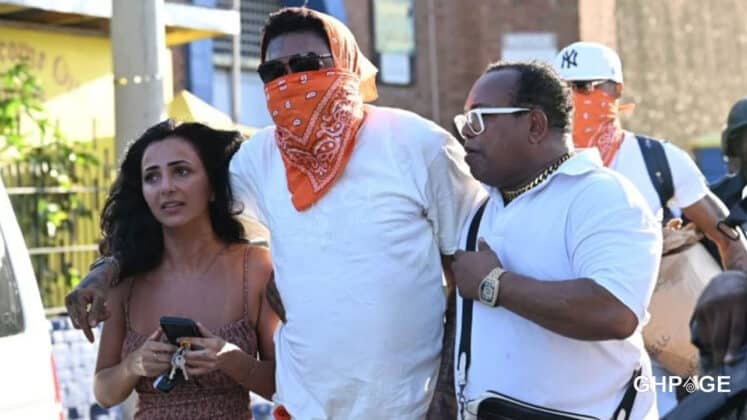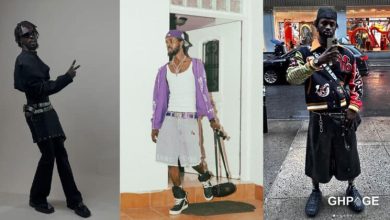Vybz Kartel released after 13 years behind bars

Jamaican dancehall artiste Vybz Kartel born Adidja Azim Palmer has finally found freedom after thirteen(13) years behind bars for murder together with some others.
Vybz Kartel now 48 years old was arrested in 2011 for possession of cannabis but an additional murder charge was brought against him and was convicted in 2014.
He was charged and accused of killing Clive “Lizard” Williams in Jamaica but the musician had always maintained his innocence.
The case was resolved not to return to court by Jamaican appeal judges on Wednesday, which meant Kartel—who is reportedly in terrible health—could be discharged.
During his 2014 trial, it was revealed that Kartel had supplied two illegal firearms to victim Clive Williams and another man, Lamar Chow, to keep him safe.
Prosecutors claim that in August 2011, they were called to Kartel’s home after they neglected to return them by the scheduled time.
Chow said throughout the trial that they were attacked and that, when he woke up, he found Clive Williams—who was never seen alive again—lying on the ground, unmoving.
Days later, the house caught fire, and his body has never been located.
Kartel has consistently argued his innocence, as have his co-accused Shawn Campbell, Kahira Jones, and Andre St John.
However, they were found guilty and given life sentences, with Kartel being informed that he would at least serve 35 years behind bars.
Before bringing his case to the Privy Council in London, which acts as the highest court of appeal in Jamaica and other Commonwealth nations, he initially appealed to Jamaican courts.
A juror who was accused of attempting to bribe others ought to have been disqualified from the trial, according to his defence team.
In March, the London court found in favour of Kartel’s case and declared that the juror’s decision to remain on the panel compromised Kartel’s conviction.
One of the three judges sitting in Jamaica’s Court of Appeal, Justice Marva McDonald-Bishop, stated on Wednesday that they had considered the “egregious nature and seriousness of the offence” in relation to the amount of time that had passed, the difficulty in obtaining witnesses and evidence, and the high cost of a retrial.
She added that Kartel was in “declining health” and that his mental and physical health would be impacted by a fresh trial.




